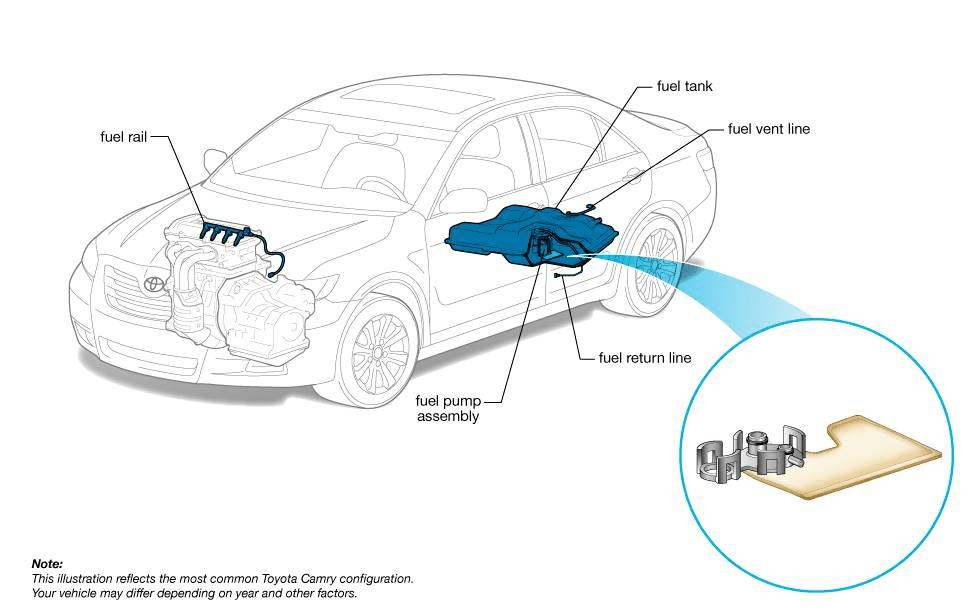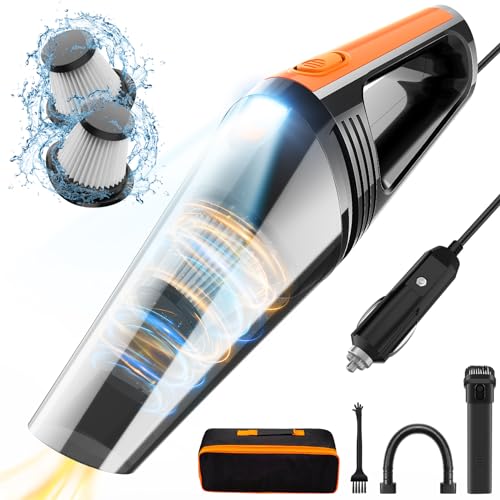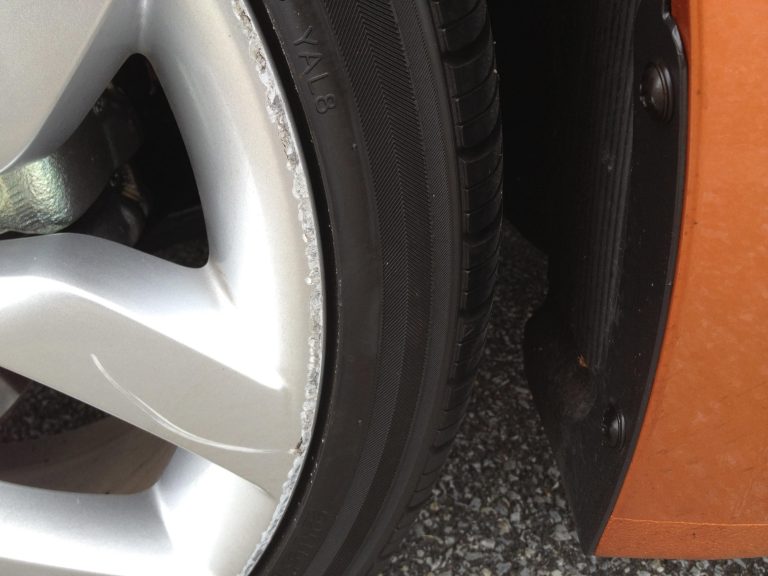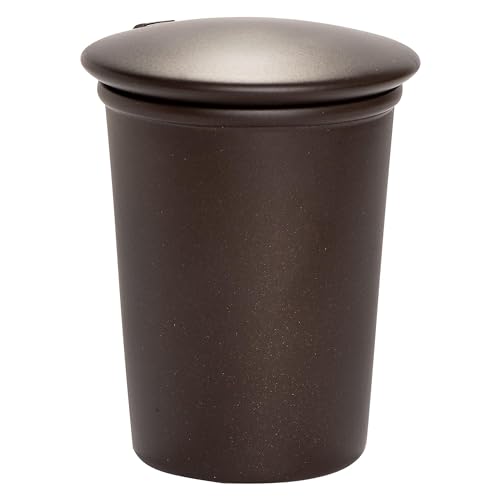Why Do Cars Have Fuel Filters? Essential Insights
Cars have fuel filters to keep the engine clean and running smoothly. These filters remove contaminants from the fuel before it reaches the engine.
Fuel filters play a crucial role in vehicle maintenance. They protect the engine from dirt, rust, and other particles that can cause damage. Clean fuel is essential for optimal engine performance and longevity. Without a fuel filter, these impurities could clog injectors, reduce fuel efficiency, and lead to costly repairs.
Understanding the importance of fuel filters helps in appreciating their role in a car’s health. In this post, we will explore why fuel filters are necessary, how they work, and what happens if they are not maintained. Stay tuned to learn more about this vital car component.
Importance Of Fuel Filters
Fuel filters keep dirt and debris out of the engine. This protects the engine from harm. Without a filter, these particles can cause damage. Small particles can cause big problems. Dirty fuel can block fuel lines. This stops fuel from reaching the engine. A clean filter helps keep the engine safe. It acts like a shield for the engine.
Fuel filters help engines run smoothly. A clean filter allows better fuel flow. This means the engine gets the right amount of fuel. When fuel flows well, the engine performs better. It can make the car run faster and smoother. Engines need clean fuel to work well. A good filter helps with this. It keeps the car running its best.
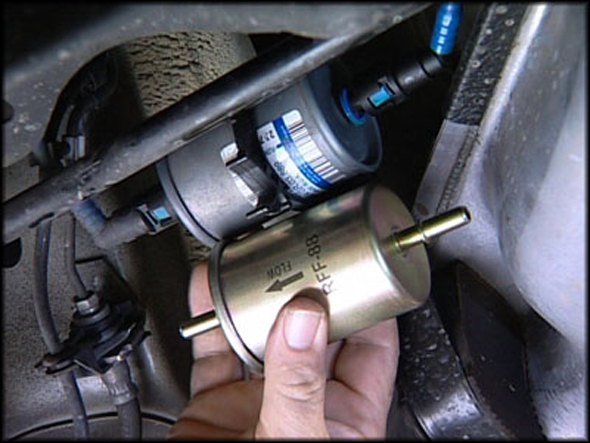
Credit: germanformula.com
Types Of Fuel Filters
In-line fuel filters are long and thin. They fit into the fuel line. Gasoline passes through them before reaching the engine. These filters catch dirt and rust. They stop bad stuff from getting into the engine. In-line filters are easy to replace. They keep your car running well.
Cartridge fuel filters sit inside a case. The case is part of the car. You replace the inside part when needed. They clean the fuel before it goes to the engine. Cartridge filters are often used in diesel cars. They trap dirt and water. Keeping fuel clean helps the car run smoothly.
Components Of A Fuel Filter
Fuel filters trap dirt and impurities. The filter media is crucial. It is often made of paper or synthetic fibers. These materials catch small particles. Clean fuel is important for the engine. Dirty fuel can cause problems. The media must be strong. It should last a long time.
The housing holds the filter media. It is usually made from metal or plastic. This keeps the filter safe. The seals prevent leaks. They stop fuel from escaping. Good seals are essential. Bad seals can cause engine trouble. Housing and seals work together. They protect the filter and the engine.
How Fuel Filters Work
Fuel filters keep dirt out of the engine. They stop tiny particles from getting in. This protects the engine. Clean fuel helps the car run well. Filters have small holes. These holes catch dirt. Fuel flows through the filter. Dirty particles stay behind. Clean fuel moves to the engine.
Fuel filters help with pressure. They keep the right amount of pressure. Too much pressure is bad. It can hurt the engine. Filters control the flow of fuel. They make sure it moves just right. Balanced pressure helps the car work smoothly. Filters are important for engine health.
Signs Of A Faulty Fuel Filter
A bad fuel filter can make the engine work poorly. The engine may feel weak. This happens because not enough fuel gets through. Driving uphill can be hard. The car might slow down more than normal. It might also struggle when you speed up. This is because the engine is not getting enough fuel.
Sometimes, the car might not start well. It can take longer to start. This is a sign of a clogged fuel filter. The engine needs fuel to start. A blocked filter stops enough fuel from reaching the engine. If this happens often, it is time to check the filter. This issue can make daily driving a problem.
Maintenance And Replacement
Cars have fuel filters to ensure clean fuel reaches the engine. These filters catch dirt and debris, protecting engine components from damage. Regular maintenance and timely replacement prevent clogs and ensure optimal engine performance.
When To Replace
A car’s fuel filter works best when clean. Dirt can make it weak. Change it at least every 20,000 miles. Some cars need it sooner. Check the car manual for advice. A mechanic can also help. They know when it needs changing.
DIY Replacement Tips
First, find the fuel filter location. It’s often near the engine. Use gloves for safety. Turn off the car and let it cool. Carefully remove the old filter. Take note of how it fits. Install the new filter in the same way. Make sure it’s snug. Double-check all connections. If unsure, ask a friend or expert. Safety is always first. Test the car after changing. Listen for strange noises. If all is good, you’re done!
Impact Of Neglecting Fuel Filters
Engine damage risks become high without clean fuel. Dirty fuel can clog engine parts. This leads to poor performance. Engines need clean fuel for smooth running. Dirty fuel can cause misfires. This can harm the engine over time. Fuel filters help keep fuel clean. Regular checks prevent engine damage.
Fuel system efficiency loss occurs when filters clog. Clogged filters slow fuel flow. Engines need steady fuel flow. Slow flow makes engines work harder. This uses more fuel. More fuel costs more money. Fuel filters need regular cleaning. Clean filters save fuel and money.
Future Of Fuel Filters
New filters are getting better. They can catch more tiny dirt. This keeps the car engine safe. Modern filters last longer too. This means less changing and saving money. Scientists are making filters smarter. Some can even tell when they need changing. This helps people keep their cars healthy.
Electric cars are different. They don’t need fuel filters. But some hybrid cars do. These cars use both gas and electricity. They still need clean fuel. So, filters are still important. As more people use electric cars, filters might change. They might become smaller or work differently.
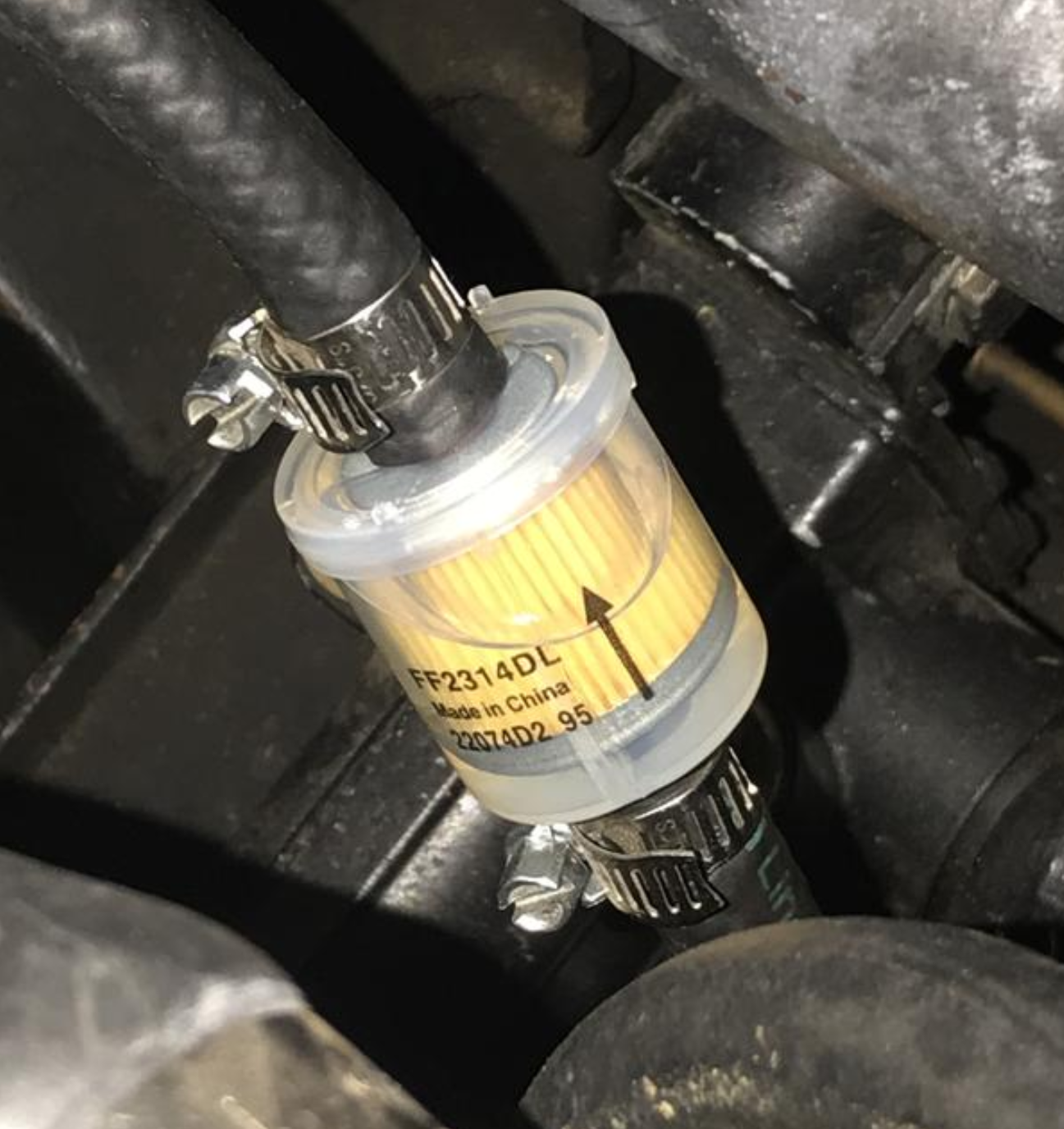
Credit: www.autozone.com
Frequently Asked Questions
Why Don’t Modern Cars Have Fuel Filters?
Modern cars use advanced fuel systems and cleaner fuel. This reduces the need for traditional fuel filters, as in-tank filters handle impurities efficiently.
Can A Car Run Without A Fuel Filter?
A car can run without a fuel filter, but it’s not recommended. Dirt and debris can damage the engine. Regular maintenance ensures optimal performance and longevity. Always replace a faulty or clogged fuel filter to prevent potential issues and costly repairs.
Keeping the fuel system clean is crucial for engine health.
Is It Necessary To Have A Fuel Filter?
Yes, a fuel filter is essential. It removes dirt and debris, protecting your engine and enhancing performance. Regular replacement ensures efficiency and prevents costly repairs. A clean filter promotes better fuel economy and prolongs engine life. Don’t overlook its importance in vehicle maintenance.
Do All Cars Need A Fuel Filter?
Yes, all cars need a fuel filter. It keeps impurities from entering the engine. Clean fuel improves engine performance and longevity. Regular maintenance is essential for optimal operation. Always consult your vehicle’s manual for specific guidelines on fuel filter replacement.
Conclusion
Fuel filters keep cars running smoothly. They block dirt and debris. Clean fuel means better engine performance. Filters help prevent costly repairs. They extend the life of your car. Regular maintenance is key. Change filters as recommended. Your car will thank you.
Enjoy a smoother ride. Save money on fuel costs. Keep your engine healthy. Protect your investment. Filters are small but mighty. They play a big role. It’s smart to care for them. A little attention goes a long way. Stay safe on the road.
Filters are your car’s best friend.

